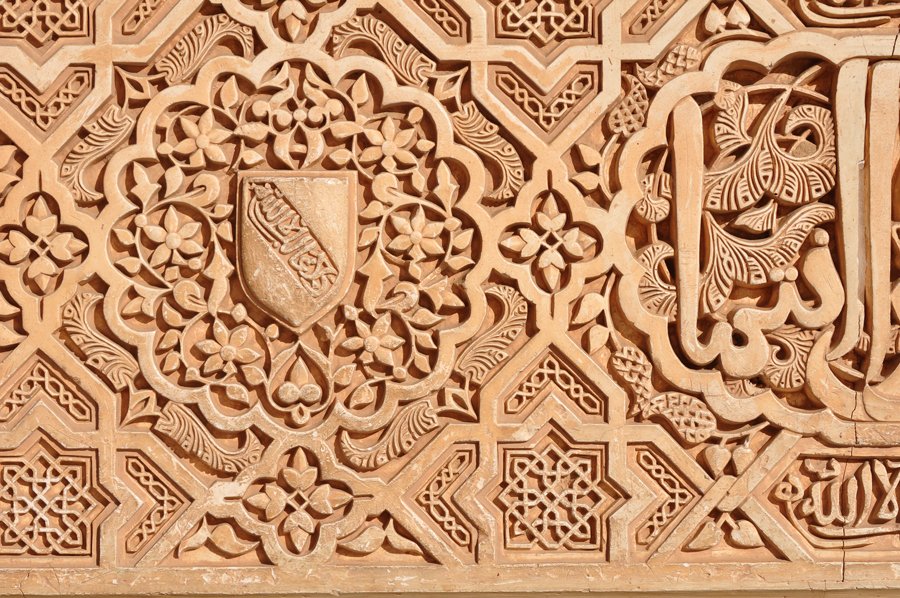1/ I really enjoy these intellectual excursions @BrankoMilan runs from time to time. Here, he compares the legacies of Franco and Tito, in effect attributing the survival of one multinational (NB - not multiethnic!) state under authoritarian leader – Spain – to structural... https://twitter.com/BrankoMilan/status/1290453886097133571">https://twitter.com/BrankoMil...
2/...advantages that the other – Yugoslavia – did not have. So Franco worked with a state that lasted for several centuries, whereas Tito inherited one that was patched together just a few decades prior. Plus a genocidal civil war during WW2. I have a great deal of sympathy for..
3/...structural explanations, but this one strikes me as being a captive of its own metaphor. The ‘stone’ with which Franco built may appear as such in hindsight (nothing succeeds as success) but from the vantage-point of certain key events, it turns out to be a far more...
4/...crumbly stucco that was fortunate not to have been touched or damaged beyond repair, rather than a particularly firm material (thus the Alhambra image in the opening tweet). The outcome of the 1970s transition was far from preordained, and contemporaries feared...
5/...a repeat of the civil war. That war was itself evidence of an unconsolidated state, and one that was facing the typical challenges of multinationality – conditional legitimacy of its territorial-constitutional order (among many other issues). This multinationality was...
6/...itself not preordained. Catalan nationalism started to emerge pretty late and arguably, with different political choices in the last third of the 19th century might not have emerged as such at all. Yugoslavia is worth “counterfactualizing” (copyright?) too. Sure, in...
7/...hindsight it all seemed doomed from the start, and Tito appears to have built with ‘sand’ but what if, to extend the metaphor, it really was stucco and the South Slavs (some, at least) were particularly unlucky? Consider the series of events that led to the carnage of WW2.
8/ First, the non-aggression pact with Germany, but then the reversal in the pact via the March coup in 1941. Then, the invasion and the dismemberment of the country by the Axis powers, but then, crucially, the Croatian Peasant Party leader Macek refuses to take over the newly...
9/...created puppet Croatian state. Instead, it falls in the hands of the genocidaire Ustase. A bunch of contingent events that, if reversed, might have resulted in 1945 in a scenario far closer to the 1978 Spanish one (a decentralizing capitalist parliamentary monarchy)...
10/...instead the confederalizing market-socialist authoritarian state. And this brings me to the domestic structural factor that I do think counts (and that Branko might find interesting). This one has nothing to do with the long-standing state tradition, but rather far more...
11/...contingent and recent differences in economic patterns. This is the politically moderating influence of private capital in Spain, and the absence of such influence in Yugoslavia. I’m working on a project right now that compares multinational states that feature both sets..
12/...of circumstances and the early findings seem to be that the presence of large private market players dampens the excesses of both minority and majority nationalism. Kind of a multinational version of capitalist peace theory. #metadata_info_tab_contents">https://www.jstor.org/stable/4122913?seq=1 #metadata_info_tab_contents">https://www.jstor.org/stable/41...
13/ It shows well in comparison between those cases with large private players (Catalonia, Scotland, Quebec) and those without (for the time being Slovenia and, wait for it, Western Australia). Anyway, interesting stuff to be mulling over.

 Read on Twitter
Read on Twitter


